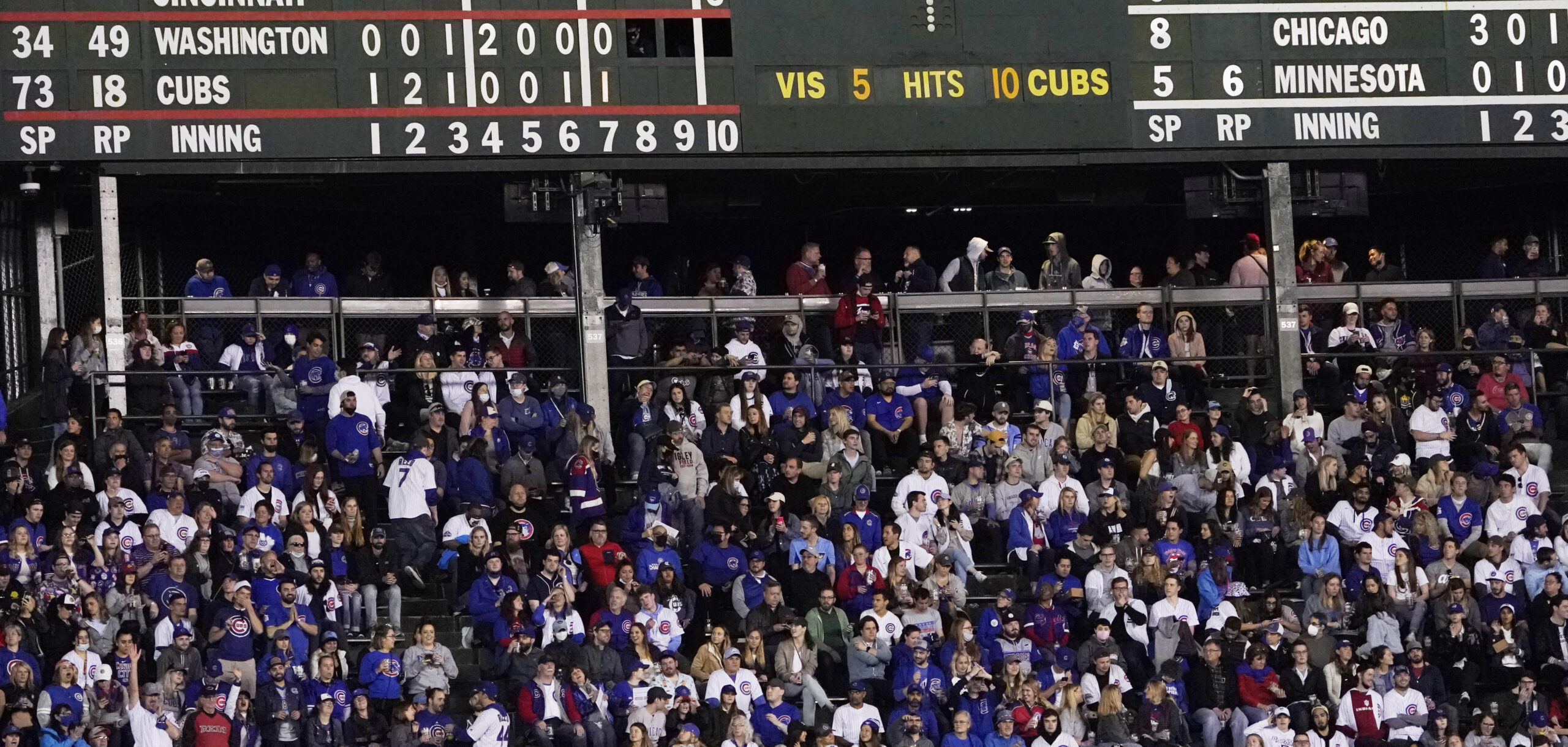
Being able to take what has been learned during the pandemic about cleaning and hospitality as part of the overall fan experience will be key going forward as more venues open up to full capacity throughout the summer and into the fall, panelists at a Host City Americas virtual event said this week.
“It would be a mistake not to recognize from an expectation of fan’s standpoint, just like security post 9-11, cleaning and hygiene post-pandemic is something that is going to be an expectation of (venue) performance,” said Russ Simons, owner and managing partner at Venue Solutions Group, LLC. “Cleaner facilities are going to be in the best interest of everyone attending our events.”
But while cleaning will be vital, Simons’ biggest soap box is to increase the contactless experiences for fans within a venue for anything from food and beverage to merchandise. Simons said during Venue Solutions’ work leading up to the opening of SoFi Stadium, the plan was to have 12 ATMs spread out throughout the venue. Instead, the venue has just two ATMs because of advances in digital payment.
“The adoption rate of contactless payment for parking, retail and for food and beverage is so high that I don’t need to invest in the remainder of that infrastructure,” Simons said.
Creating a frictionless experience for entry is also a permanent part of the future fan experience, said Jim Mercurio, executive vice president and general manager at Levi’s Stadium. When it comes to digital ticketing, “there’s no going back from that. … Mobile ticketing over the years has allowed us to do a number of things. … it makes for the ability to reach out and be nimble with your messaging regarding tickets and sales.”
Jeremiah Yolkut, a director at Major League Baseball, comes at the issue from the event organizer’s perspective. MLB was able to put together a shortened 2020 season with no fans at any regular season games; this year it opened the season with fans in various numbers at every ballpark and by July 5, every MLB team will be having home games at full capacity.
“Throughout the pandemic we built a very strong plan to keep our players healthy and on the field throughout both last season and this season,” Yolkut said. “… (and) we certainly recognize that sometimes guidelines can be restrictive, so we were keen to make sure that the guidelines were able to be followed,” adding that he could see some of the restrictions, particularly with people entering team clubhouses, continuing in a post-pandemic future.
Taking a Look Ahead
Panelists during another session took on the issues of sports tourism, fans in attendance and ways to create future engagement when at sporting events. The session, “Get Fit for the Future,” was moderated by SportsTravel Editor and Publisher Jason Gewirtz.
“Sports could be a great incentive for tourism,” said Ricardo Trade, chief executive officer for the Brazilian Basketball Federation and former CEO of the 2014 FIFA World Cup in Brazil. Trade pointed to the example of Manaus, Brazil, a city in the Amazon rainforest that hosted four matches during the 2014 World Cup, including a game between England and Italy as well as the United States against Portugal. “Who knows Manaus? It’s in the Amazon region and now we have direct flights to the USA and a big tourism industry there because the city was so occupied during the World Cup by tourists.”
Fans will travel internationally but they are most interested in being able to attend hometown games again, said Dr. Melita N. Moore, chair of the Global Esports Federation’s health and wellness commission. The GEF will have its first live world championship in December in Singapore with fans in attendance and for Moore, who was the lone medical doctor at the WNBA’s “Wubble” in the summer of 2020 in Bradenton, Florida, knows how that changes the atmosphere at games.
“To be there from a fan perspective (in the Wubble) and not be able to go and cheer for your favorite team or see your favorite player in action, the fans suffered and the players suffered,” Moore said. Fan audio pumped into the facility last year “sounded like white noise” compared to the organic nature of fans cheering in person.
David Goldberg, a senior adviser of TPG and a GAN board member, said that looking into the future, “there’s real proof that legalized sports betting increases fan engagement,” pointing to teams such as the Washington Capitals and Washington Wizards that have a sportsbook next door to Capital One Arena. “That is not just an opportunity for revenue directly from participation in the wagering activities, but it’s a way to engage those fans and make them more interested in the game.”






























 Copyright © 2025 by Northstar Travel Media LLC. All Rights Reserved. 301 Route 17 N, Suite 1150, Rutherford, NJ 07070 USA | Telephone: (201) 902-2000
Copyright © 2025 by Northstar Travel Media LLC. All Rights Reserved. 301 Route 17 N, Suite 1150, Rutherford, NJ 07070 USA | Telephone: (201) 902-2000